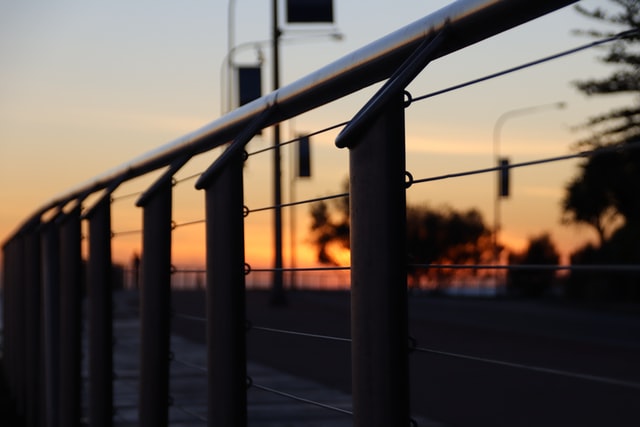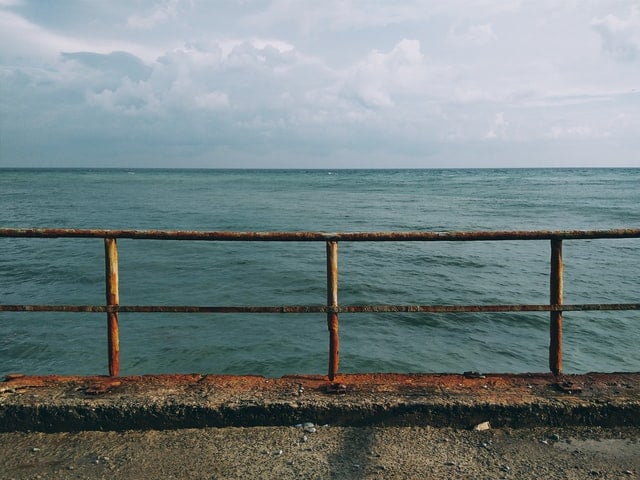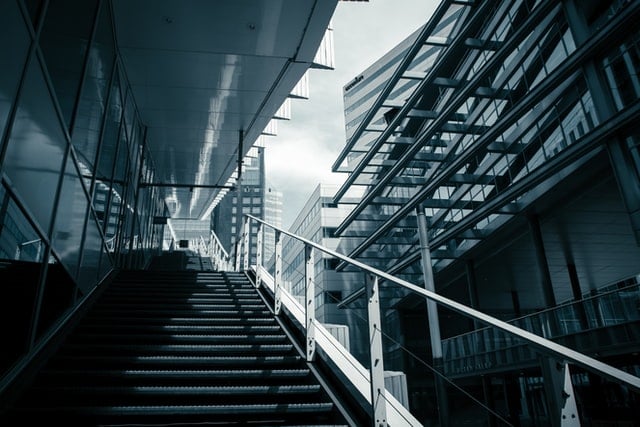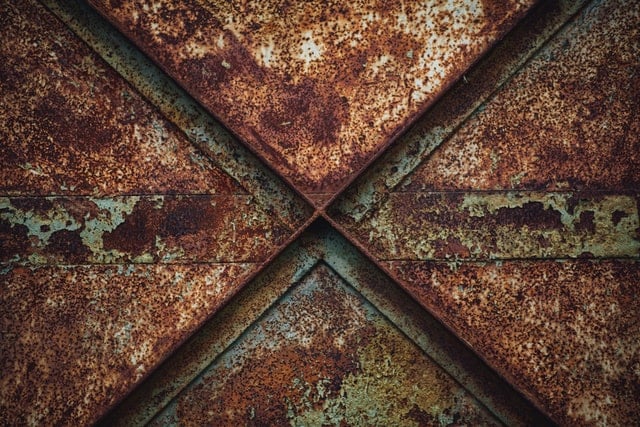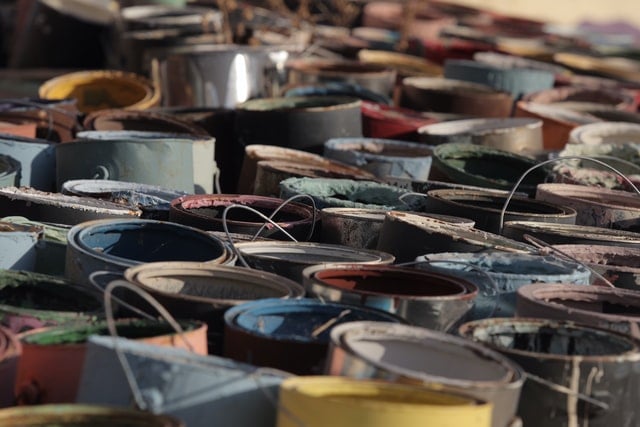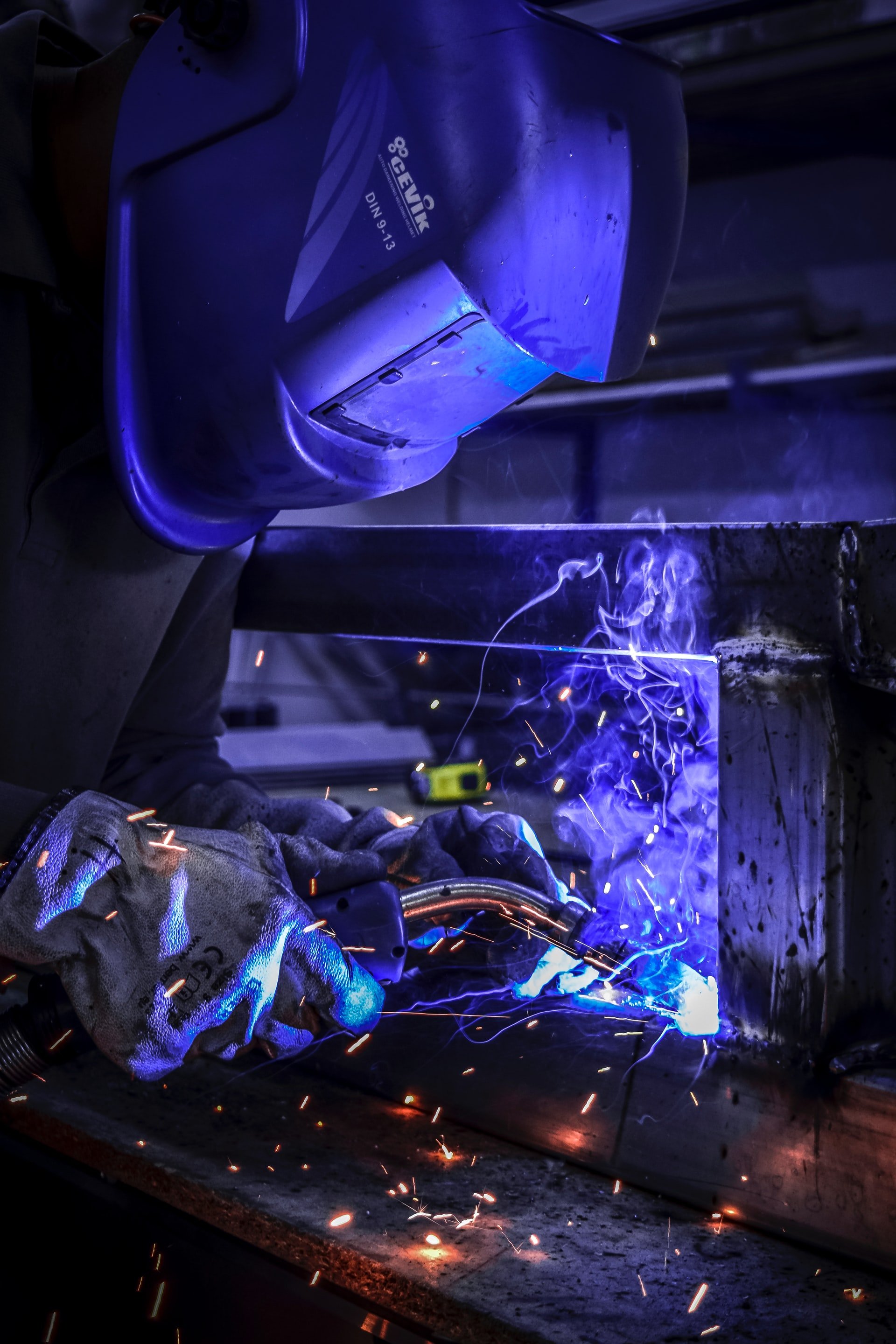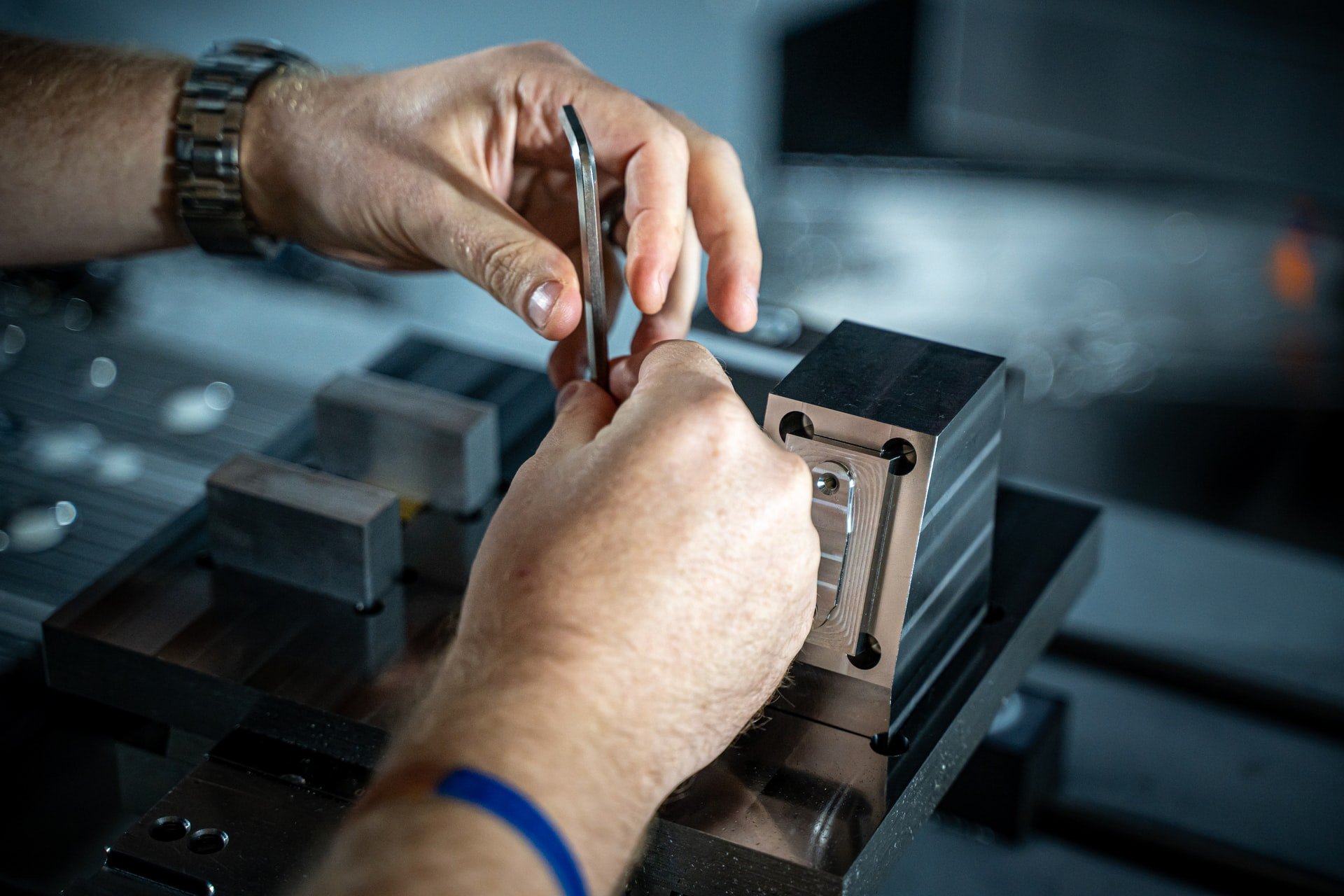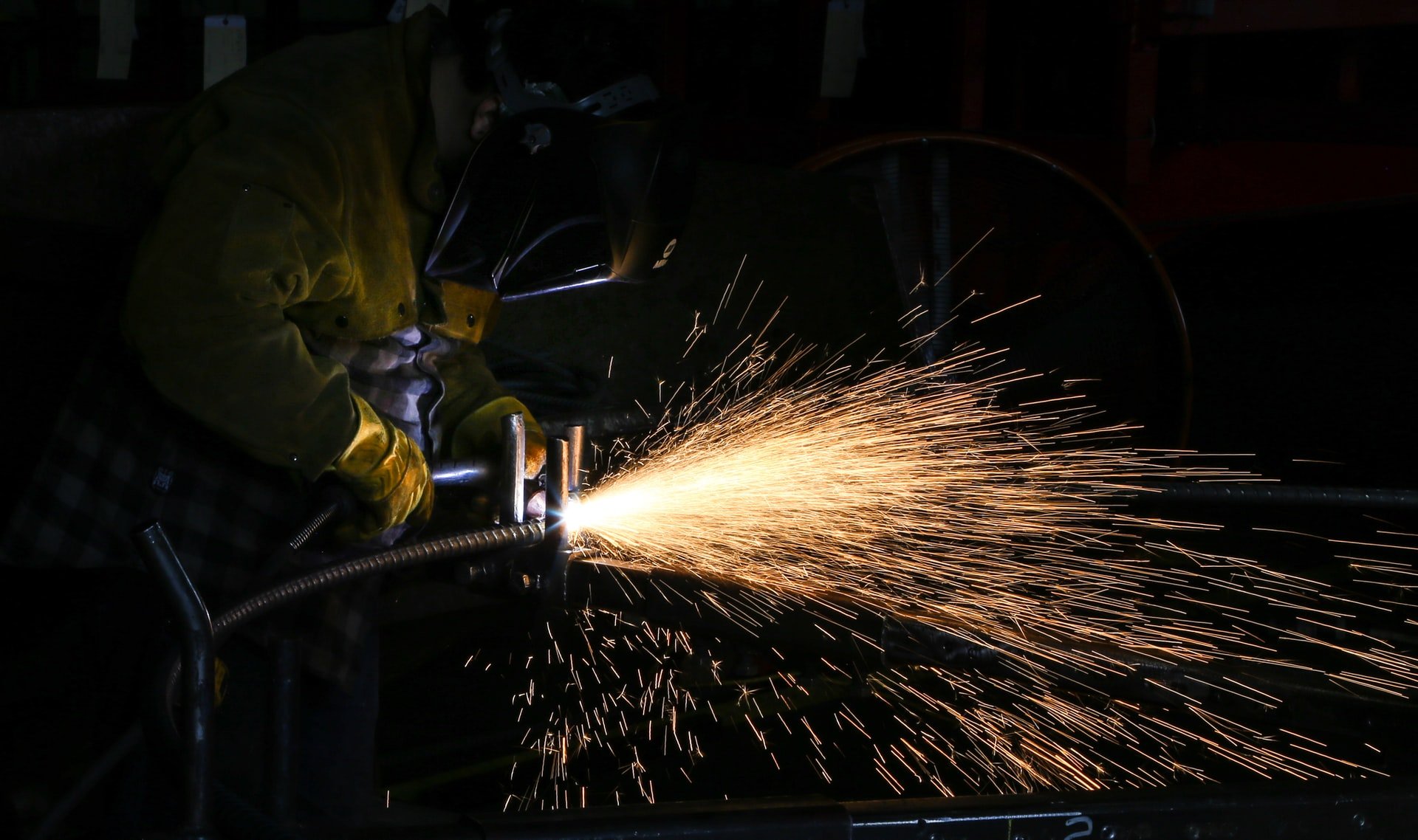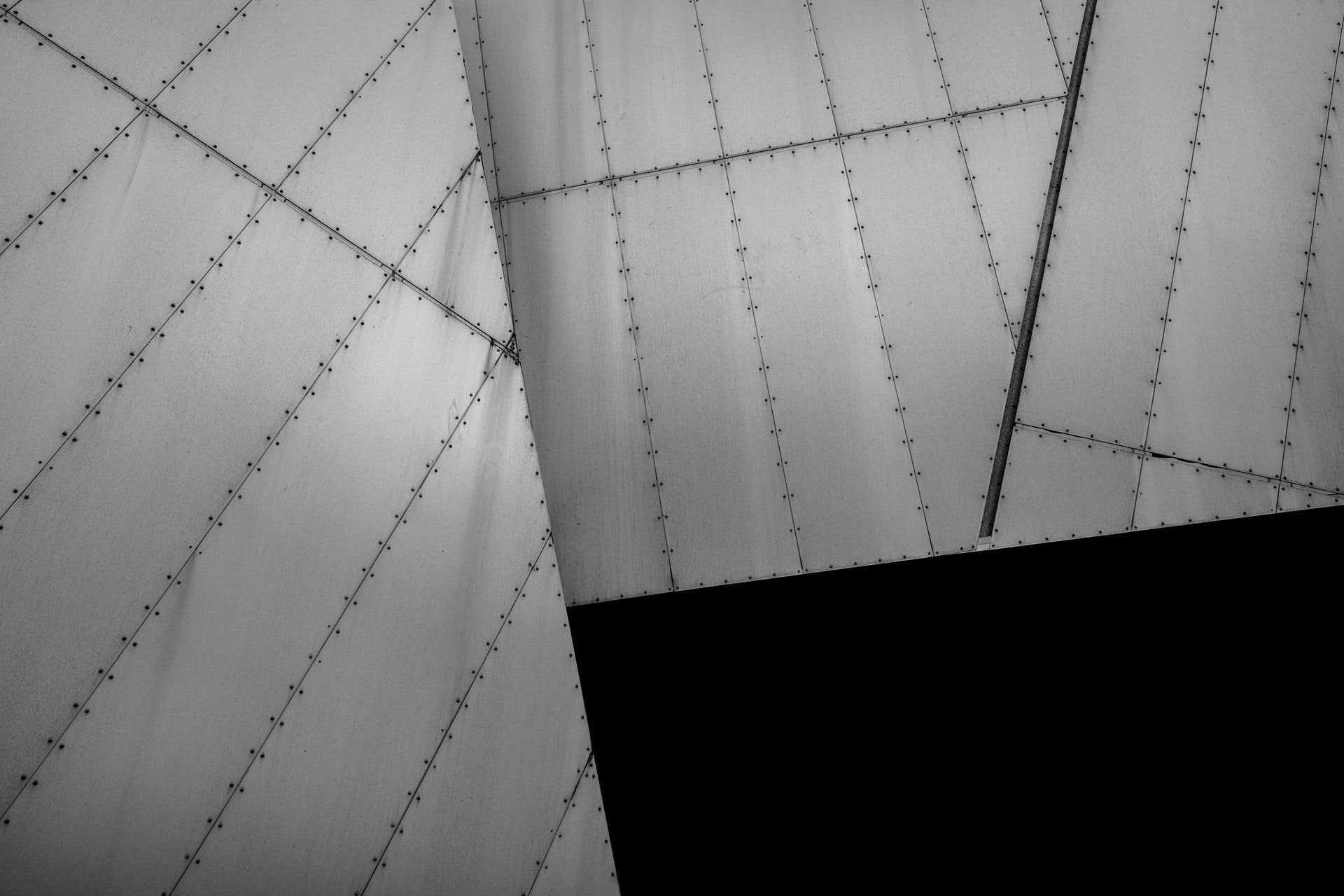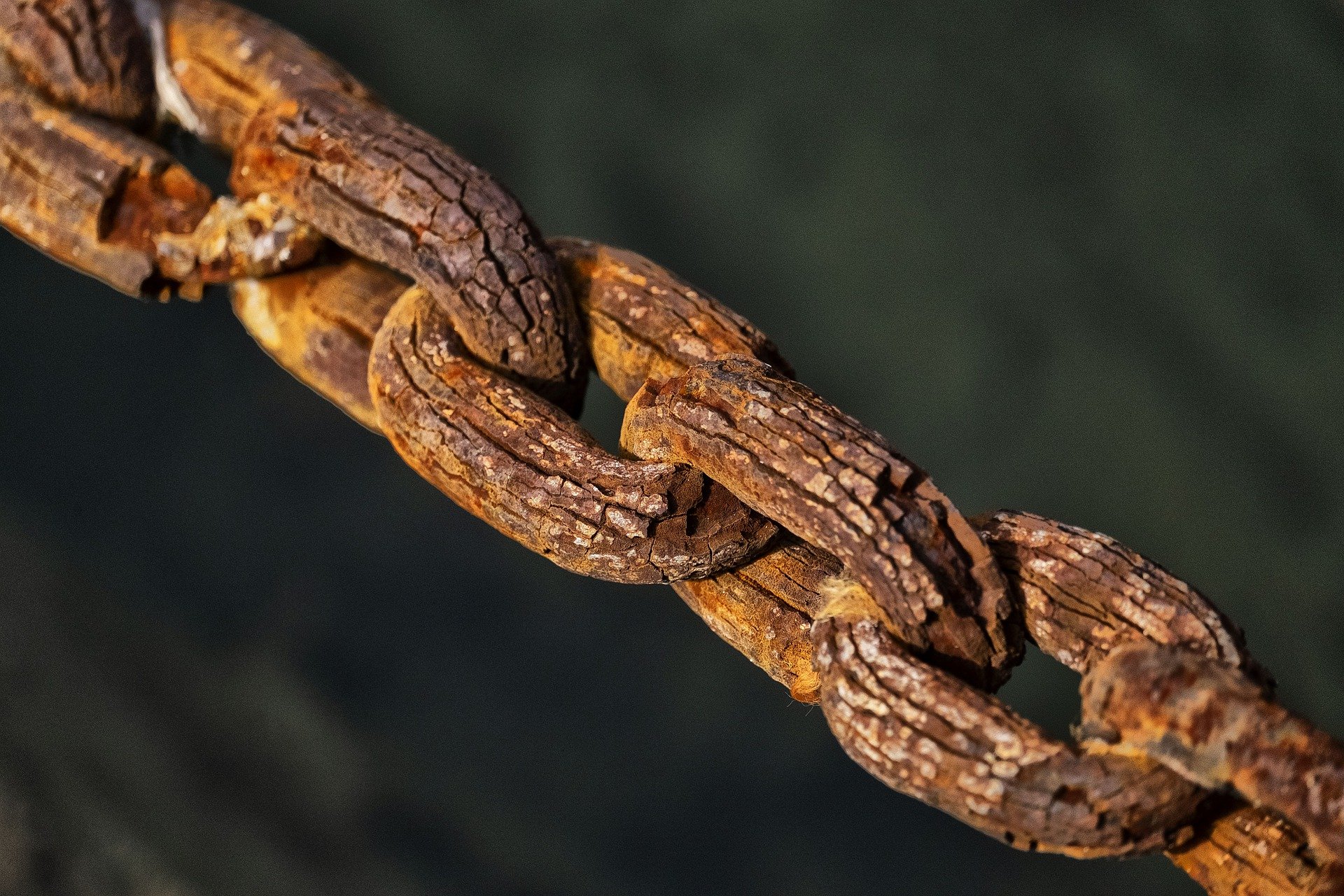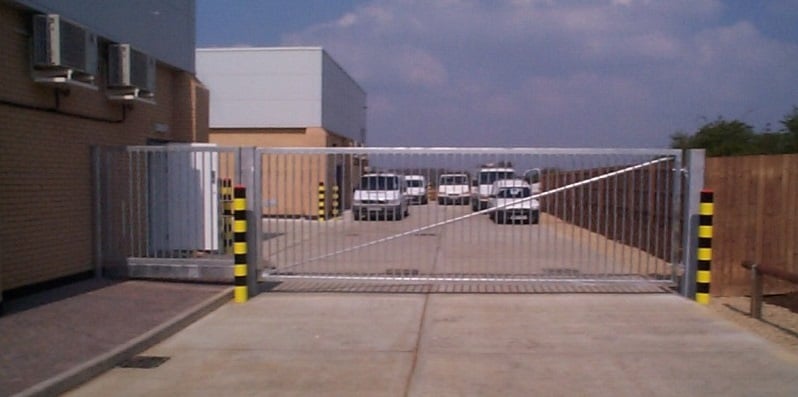
Security gates and barriers are an important investment. There are various different options to consider, and your manufacturer will be able to offer advice and guidance. However, here’s a brief introduction to some of the practical and fabrication elements that need to be thought about.

What Are The Options?
When it comes to security gates and barriers, there are two main materials: steel and aluminium. However, within these brackets there are many subtypes. For instance, ‘steel’ includes a gradient of different alloys that have different strengths. Most security gates and barriers are fabricated from mild steel. This contains high levels of chromium, which is a cost-effective and reliable method of making steel resistant to corrosion while retaining its valued metallurgic properties.
What Is The Difference Between Steel Gates & Aluminium Gates?
There are several important differences. Aluminium is a light, ductile, and pliable metal. This can be excellent in some scenarios, but challenging in others. For instance, its ductility creates a low melting point, and this means that it can be unreliable during welding. Although creating good aluminium security gates is possible, the engineering team have to be masters of their craft in order not to introduce weaknesses into the structure due to heat damage. Although light and easy to move, welding weaknesses can mean that an aluminium security gate or barrier will buckle under pressure.
Steel is a much harder, heavier, and stronger metal. Even after the welding process, very little is going to get through a locked steel security gate. However, due to issues such as weight, the manufacturing of steel can require a little more design time and – consequently – a longer overall project. This is usually worth the effort, as steel gates and barriers are formidable.
How Much Maintenance Do Security Gates Need?
The metals take care of themselves, so this really depends on the design and quality of the fabrication. If the weighting is correct and the calculations are perfect, the structure will remain intact indefinitely. A well-designed steel gate will survive for decades, and steel that has been zinc treated will be highly resistant to corrosion.
Aluminium gates have an average lifespan of 15-20 years. The shorter lifespan is due to the comparative softness of the metal, which is more prone to damage. In both cases, very little care is needed. The occasional dash of oil on the hinges will keep everything running smoothly.
So, Which Is The Best Option?
Steel is by far the most popular option. Strong, sturdy, and guaranteed to last, it is the best solution for most security installations. However, to learn more about different types of security gate and barrier, download the free GLW Guide To Security Gates, Barriers & Grilles by clicking here.




